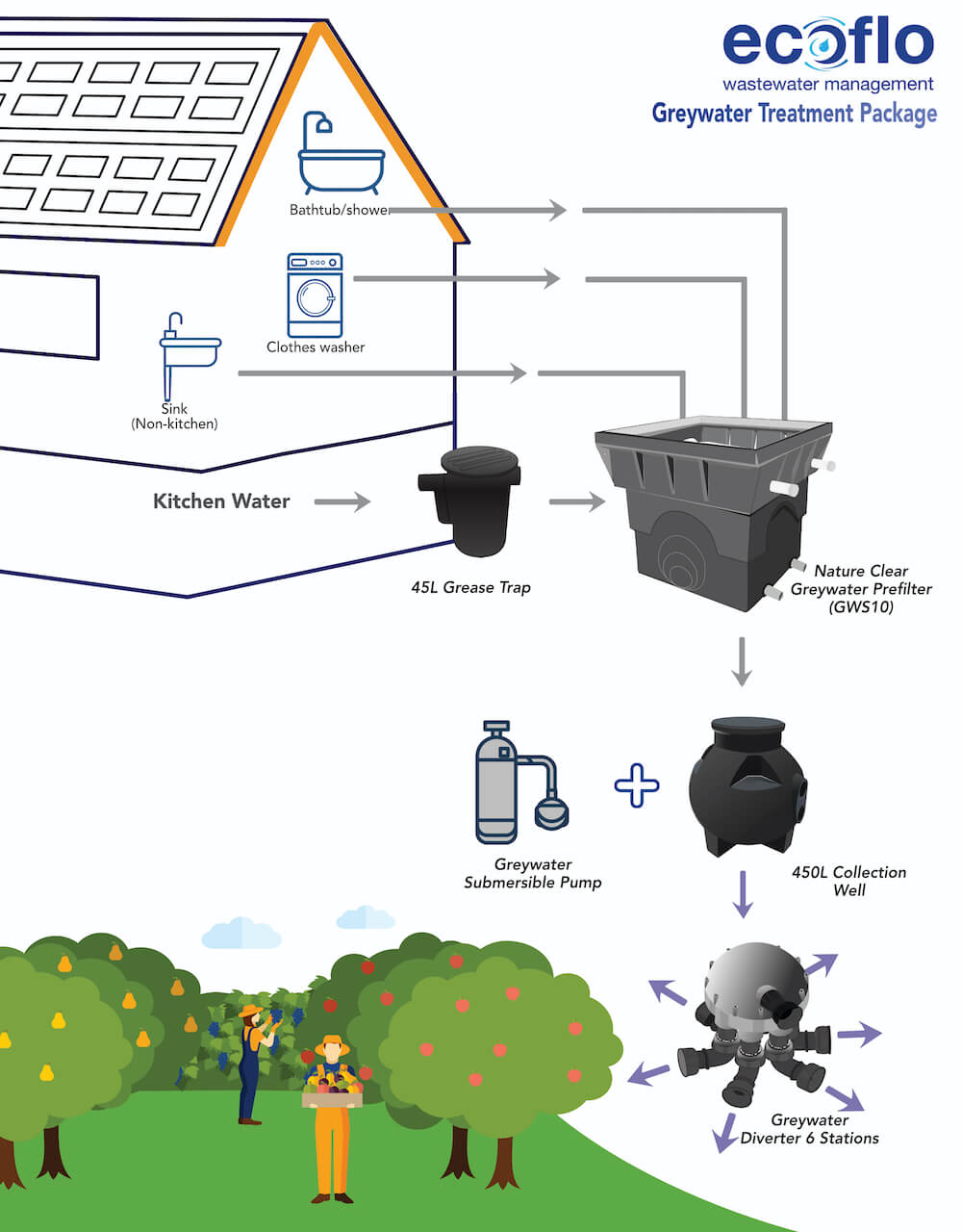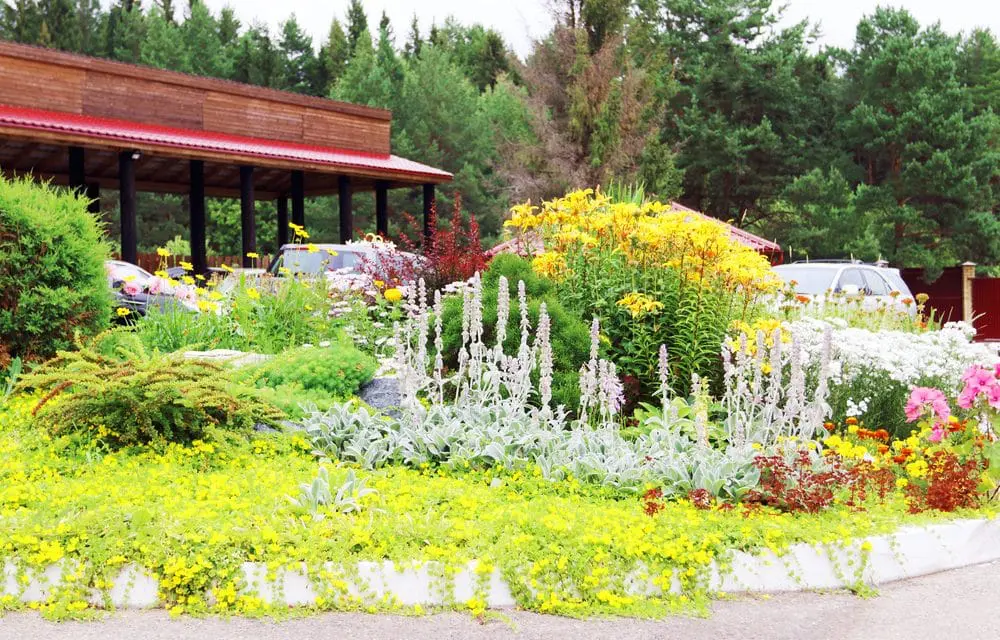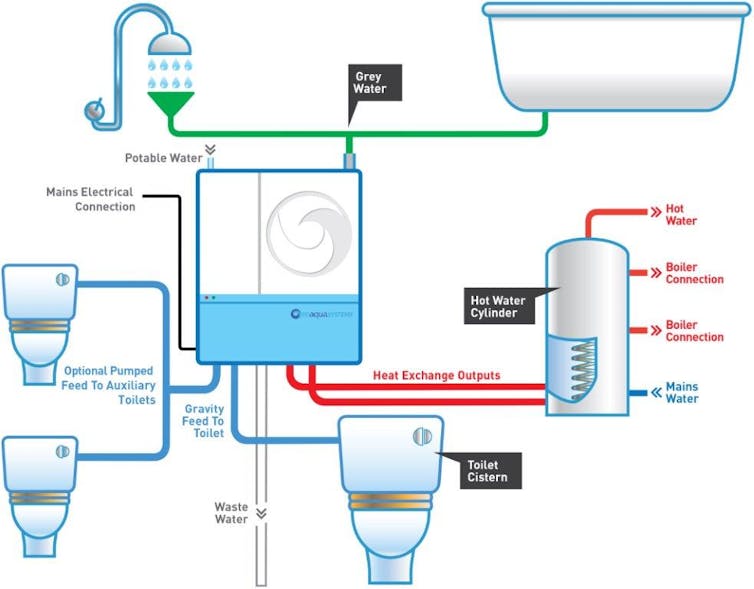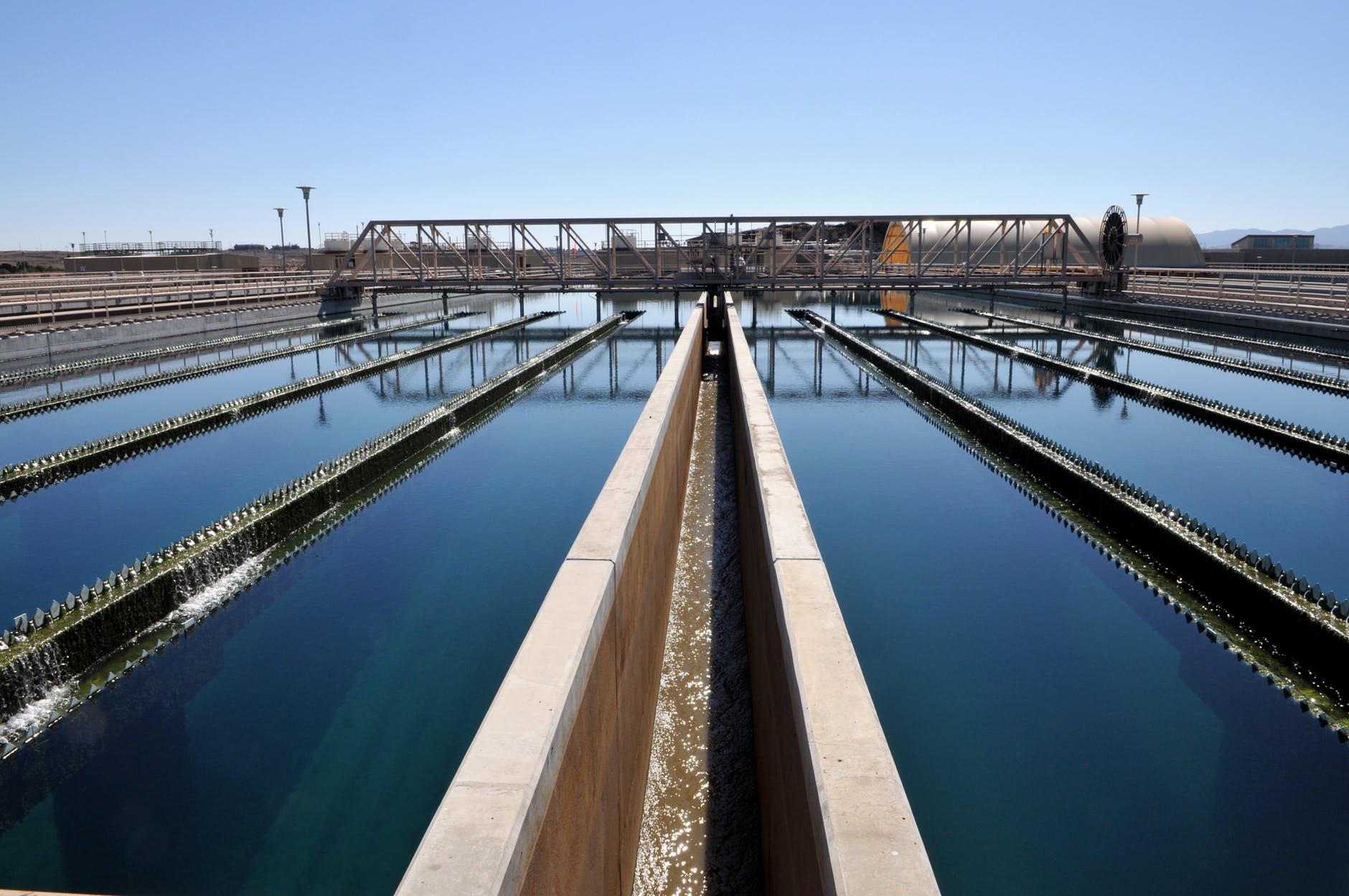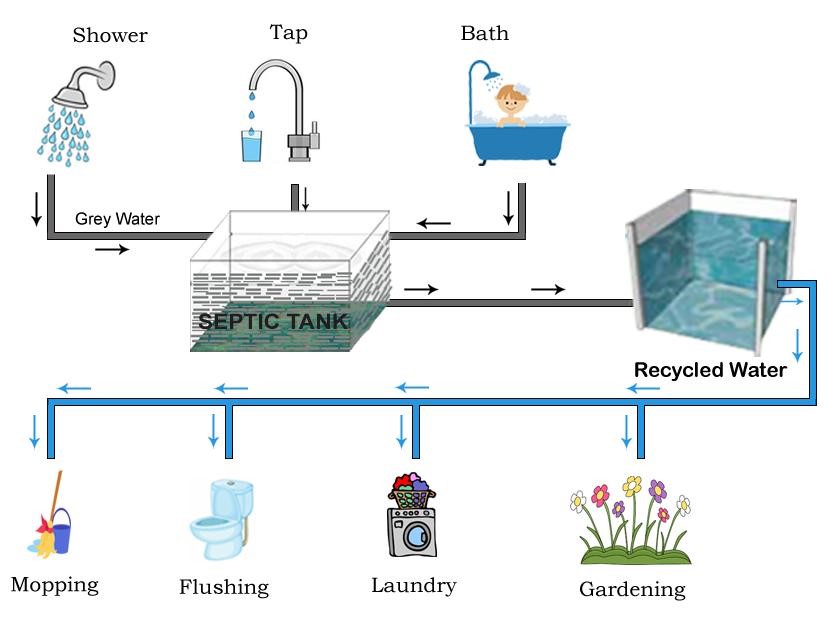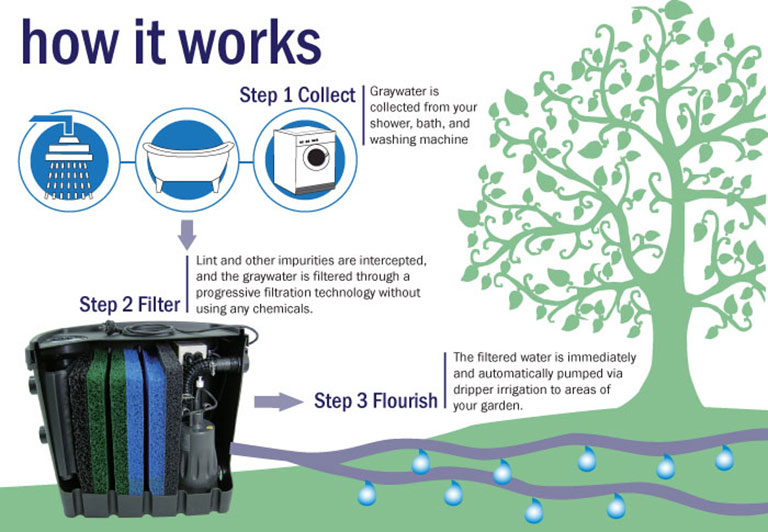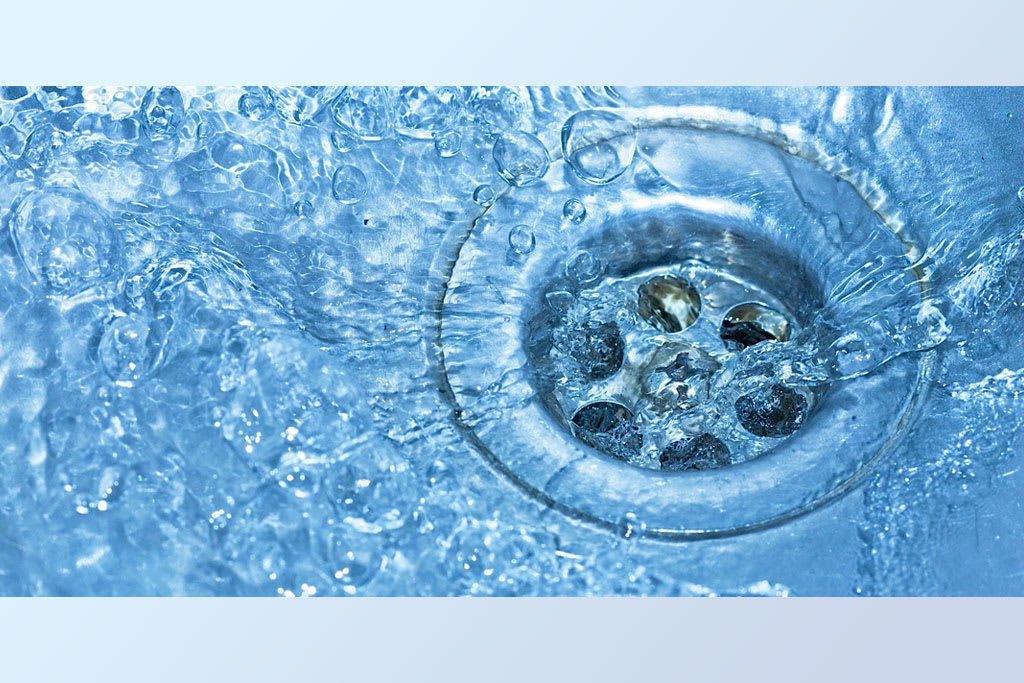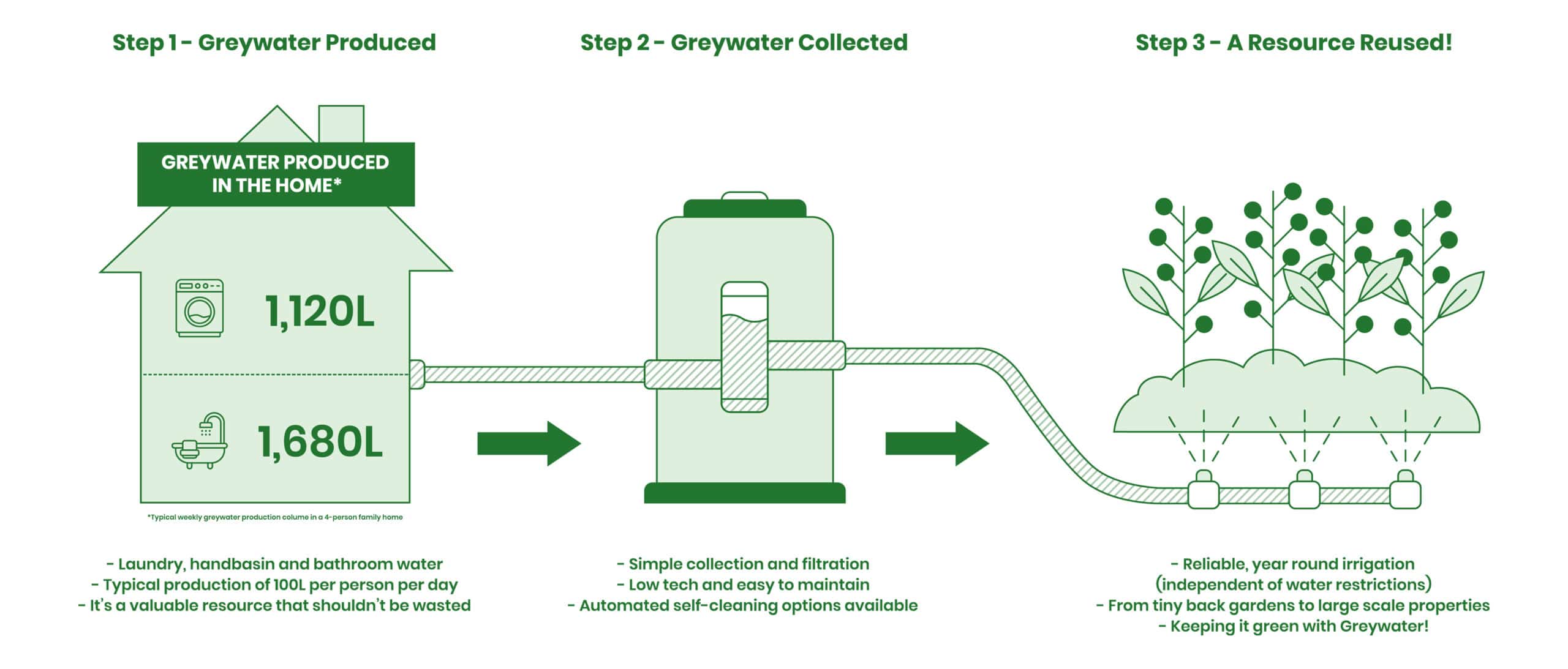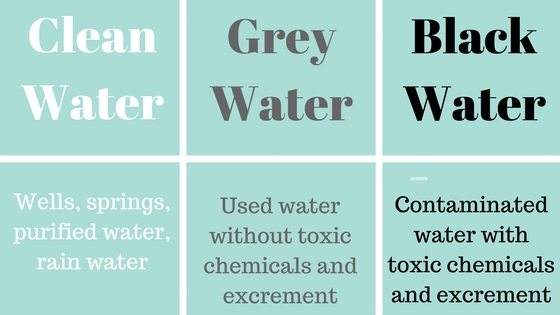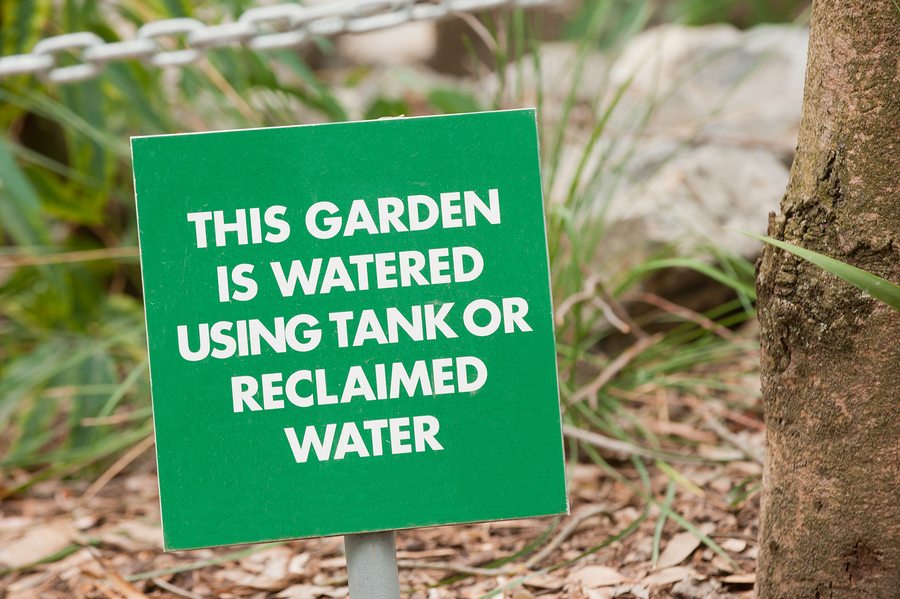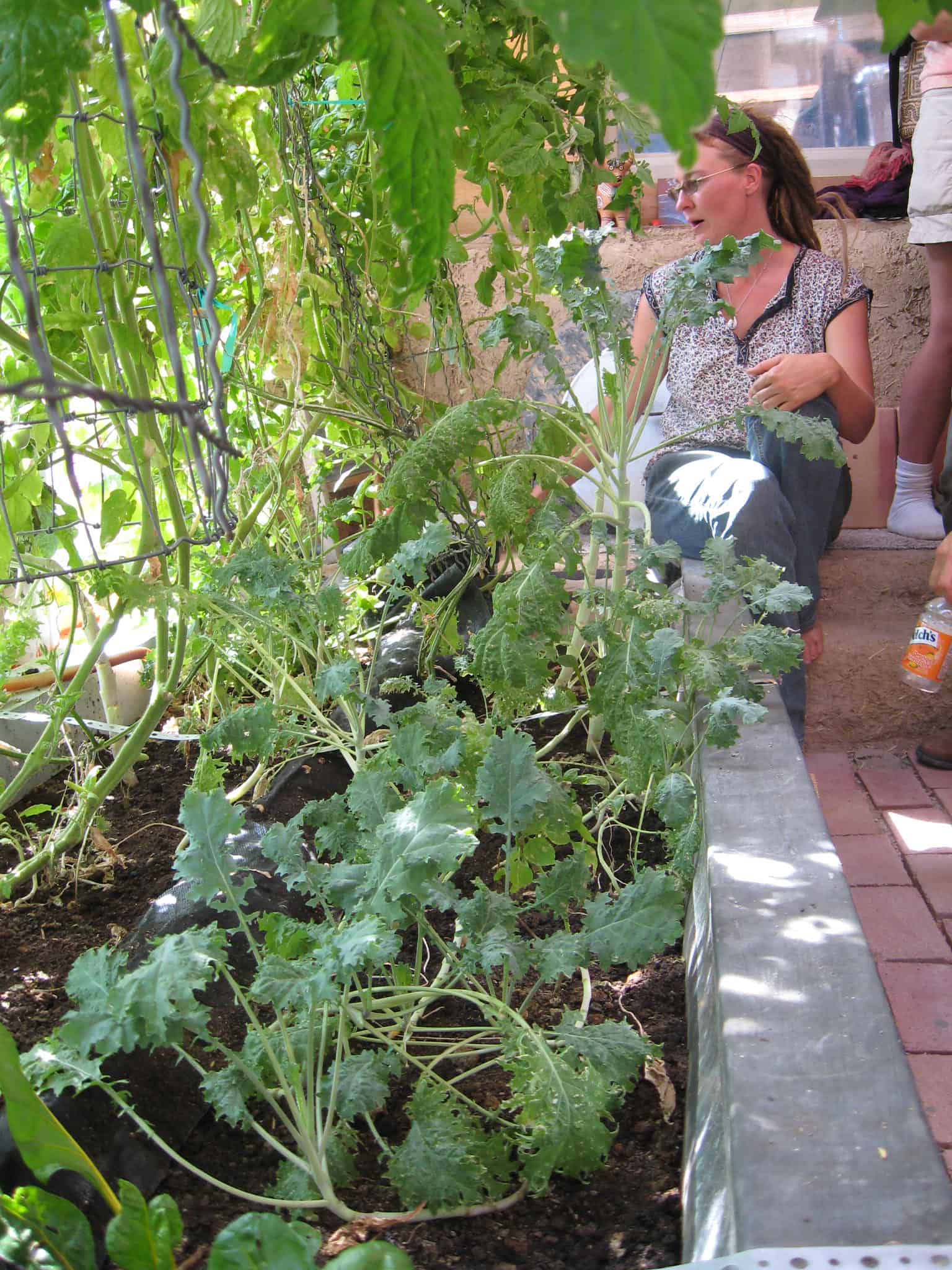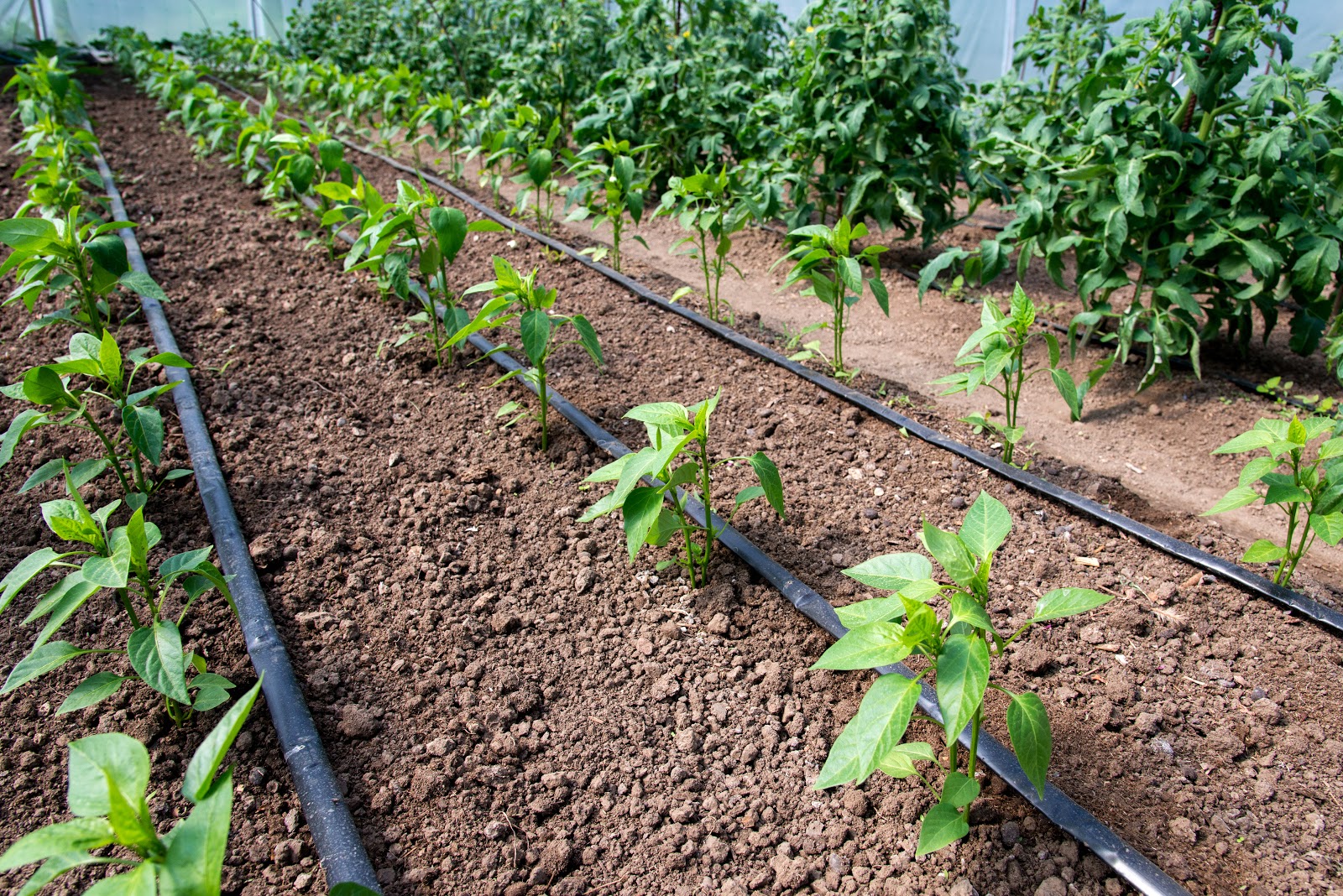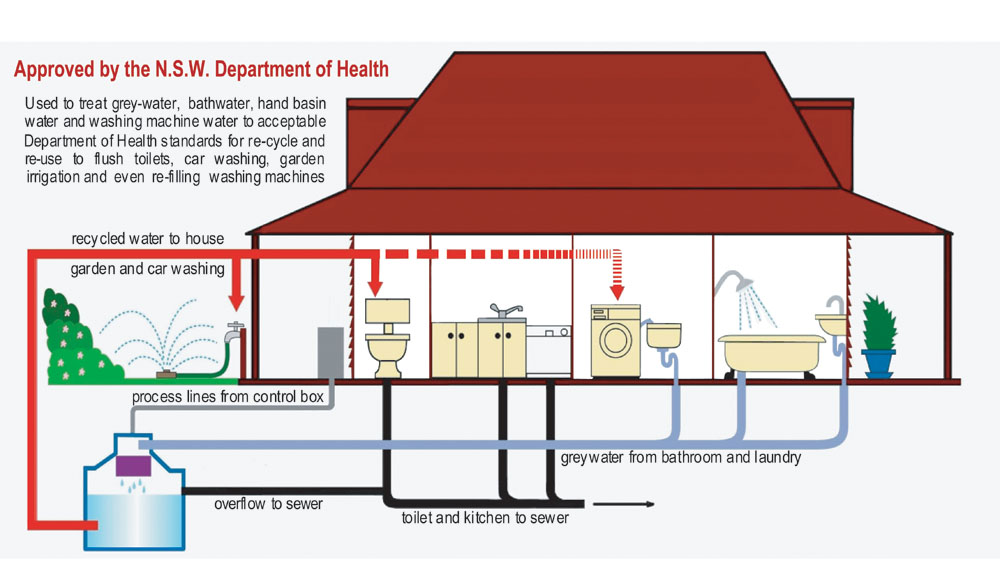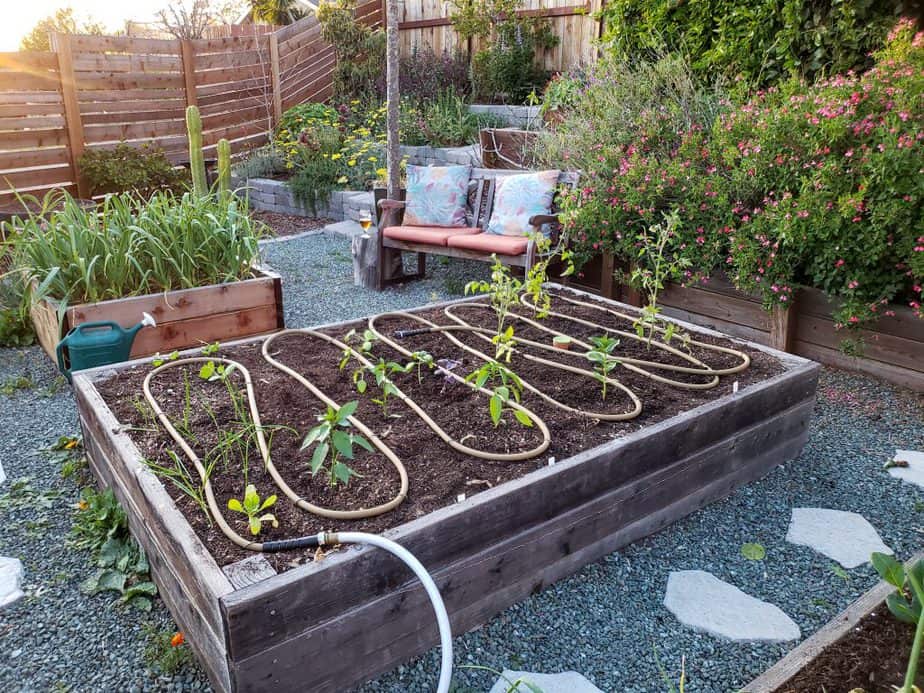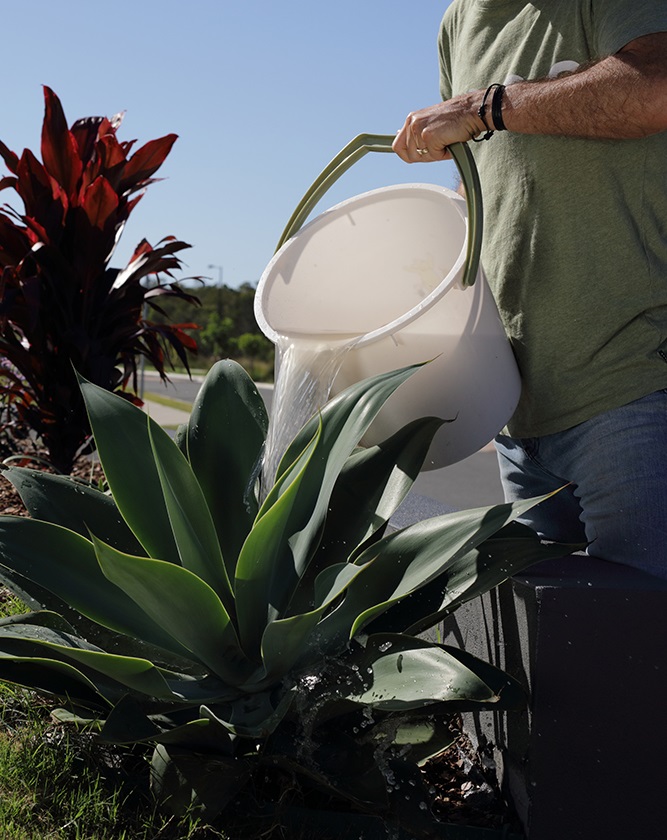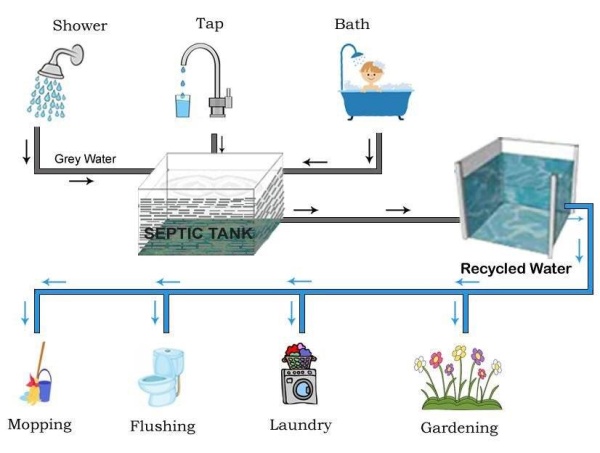Greywater, also known as gently used household water, can be a valuable resource for your vegetable garden. Instead of letting this water go to waste, why not reuse it to nourish your plants? Not only does this help conserve water, but it can also save you money on your water bill. Here are some tips on how to safely and effectively use kitchen sink greywater in your veggie garden.Using Greywater in the Garden
Recycling greywater is a great way to reduce your household's water usage and make your garden more sustainable. By reusing water from your kitchen sink, you can reduce your reliance on fresh water and help your garden thrive. Plus, it's a simple and cost-effective solution for eco-conscious gardeners.Greywater Recycling for Vegetable Gardens
Reusing kitchen sink water in your garden is a simple process that anyone can do. Simply collect the water from your sink in a bucket or container and use it to water your plants. Make sure to avoid using any water that has come into contact with meat or other animal products, as this can introduce harmful bacteria into your garden.How to Reuse Kitchen Sink Water in Your Garden
There are numerous benefits to using greywater in your vegetable garden. Not only does it help conserve water, but it also adds nutrients to the soil. Greywater is rich in trace minerals and organic matter, making it a natural fertilizer for your plants. It also helps reduce the need for chemical fertilizers, making your garden more eco-friendly.Benefits of Using Greywater in Your Vegetable Garden
If you want to take your greywater usage to the next level, consider installing a DIY greywater system in your vegetable garden. This involves diverting water from your kitchen sink directly to your garden through a series of pipes and filters. It may require a bit more effort and investment upfront, but the long-term benefits make it worth it.DIY Greywater System for Your Vegetable Garden
While greywater can be a valuable resource for your garden, it's important to use it safely and effectively. Always make sure to use biodegradable and non-toxic cleaning products in your sink to avoid introducing harmful chemicals into your garden. Additionally, it's best to only use greywater for plants that are not consumed, such as flowers, trees, and shrubs.Safe and Effective Ways to Use Greywater in Your Garden
Greywater can be used for irrigation in your vegetable garden, but it's important to do it properly. The best way to use greywater for irrigation is through a drip irrigation system. This ensures that the water is delivered directly to the roots of your plants, minimizing the risk of contact with any harmful bacteria.Greywater Irrigation for Your Vegetable Garden
Using greywater in your vegetable garden can help maximize the growth and health of your plants. By providing them with an additional source of water and nutrients, your plants will thrive and produce a bountiful harvest. Plus, you'll be doing your part in conserving water and reducing your environmental impact.Maximizing Your Vegetable Garden with Greywater
Using kitchen sink greywater to water your vegetable garden is a simple and effective way to make your garden more sustainable. By collecting and reusing this water, you can reduce your water bill and give your plants the nutrients they need to grow. Just make sure to follow safe practices and avoid using greywater on edible plants to ensure the health of your garden.Using Kitchen Sink Greywater to Water Your Vegetable Garden
In today's world, it's more important than ever to be conscious of our impact on the environment. By using greywater in your vegetable garden, you're not only reducing your water usage and saving money, but you're also promoting eco-friendly gardening practices. So why not give it a try and see the benefits for yourself?Eco-Friendly Gardening: Using Greywater in Your Vegetable Garden
Benefits of Using Kitchen Sink Greywater in Your Veggie Garden

Save Water and Money
 Using
kitchen sink greywater
in your
veggie garden
is not only environmentally friendly, but it can also help you save water and money. Instead of letting the water from your sink go down the drain, you can collect it and use it to water your garden. This eliminates the need to use fresh, clean water from your tap, which can save you money on your water bill. Additionally, using greywater can help reduce the strain on your local water supply, which is especially important during times of drought.
Using
kitchen sink greywater
in your
veggie garden
is not only environmentally friendly, but it can also help you save water and money. Instead of letting the water from your sink go down the drain, you can collect it and use it to water your garden. This eliminates the need to use fresh, clean water from your tap, which can save you money on your water bill. Additionally, using greywater can help reduce the strain on your local water supply, which is especially important during times of drought.
Nutrient-Rich Water for Your Plants
 Greywater from your kitchen sink contains small amounts of
nutrients
from food scraps, soap, and cleaning products. These nutrients can actually be beneficial for your
vegetable plants
, providing them with the necessary minerals and vitamins to grow. However, it is important to note that the use of greywater should be limited to non-edible parts of the plant, such as the roots and soil, to avoid any potential health risks.
Greywater from your kitchen sink contains small amounts of
nutrients
from food scraps, soap, and cleaning products. These nutrients can actually be beneficial for your
vegetable plants
, providing them with the necessary minerals and vitamins to grow. However, it is important to note that the use of greywater should be limited to non-edible parts of the plant, such as the roots and soil, to avoid any potential health risks.
Reduce Your Carbon Footprint
 By using kitchen sink greywater in your veggie garden, you are also reducing your carbon footprint. This is because you are reusing water that would otherwise go to waste and require more energy to be treated and transported back to your home. By conserving water, you are also reducing the energy needed for the treatment and distribution of water, which can help lower your overall carbon emissions.
By using kitchen sink greywater in your veggie garden, you are also reducing your carbon footprint. This is because you are reusing water that would otherwise go to waste and require more energy to be treated and transported back to your home. By conserving water, you are also reducing the energy needed for the treatment and distribution of water, which can help lower your overall carbon emissions.
Easy and Convenient
 Collecting and using greywater from your kitchen sink is a simple and convenient process. You can easily install a
greywater recycling system
in your home, which will collect and filter the water from your sink for use in your garden. This can be especially useful for those living in areas with strict water restrictions, as it allows you to continue watering your garden without exceeding your allotted water usage.
Collecting and using greywater from your kitchen sink is a simple and convenient process. You can easily install a
greywater recycling system
in your home, which will collect and filter the water from your sink for use in your garden. This can be especially useful for those living in areas with strict water restrictions, as it allows you to continue watering your garden without exceeding your allotted water usage.
Final Thoughts
 In conclusion, using kitchen sink greywater in your veggie garden can provide numerous benefits for both you and the environment. Not only can it help you save water and money, but it can also provide your plants with essential nutrients and reduce your carbon footprint. With the convenience and ease of installing a greywater recycling system, it is a simple and effective way to incorporate sustainable practices into your household. So, why not give it a try and see the positive impact it can have on your garden and the planet.
In conclusion, using kitchen sink greywater in your veggie garden can provide numerous benefits for both you and the environment. Not only can it help you save water and money, but it can also provide your plants with essential nutrients and reduce your carbon footprint. With the convenience and ease of installing a greywater recycling system, it is a simple and effective way to incorporate sustainable practices into your household. So, why not give it a try and see the positive impact it can have on your garden and the planet.

